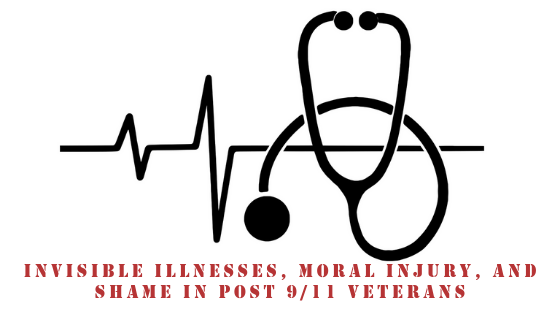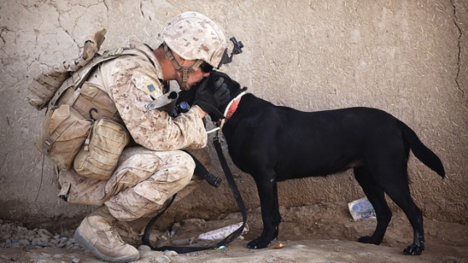At 4.1 million, post 9/11 veterans number nearly half the size of the Vietnam veteran population. Many of these warriors have been deployed more than once, which creates a distinction between them and many older veterans, who have been deployed only once. They are incredibly diverse in race, gender, and age. Women make up 17.4% of post 9/11 veterans, more than double the number of women veterans overall. They make a unique group, that have very specific needs when they come back into civilian society.
Research

Many families have made wonderful lives in rural communities. They’ve raised families, held onto traditional moral values, and enjoyed every second of peaceful country living. But there are struggles that need to be addressed for our veterans there. It is no secret that they are underserved in these communities when it comes to medical care. It’s even documented that rural veterans have a higher prevalence of both physical and mental comorbidities.

When coming back from the shock of war, veterans sometimes come home and are lost. They struggle with dealing with PTSD, anxiety, depression, and more. What starts out as a legitimate prescription for an injury can turn into a serious problem fast. When the euphoria of opioids hits their blood, they find an escape from the difficult transition they are making.

When veterans show up at K9s for warriors, they take around 10-15 prescriptions on average. This cocktail includes hard-hitting sleep aids, high-dosage anti-depressants, and potent anxiety medication. Many have spent months to years trying to tweak these doses to garner their full effect – to no avail. Despite the overwhelming number of milligrams taken each day, they continue to struggle with anxiety, flashbacks, and haunting nightmares.

It’s easy to dismiss irritability, anger, and agoraphobia as a defect of character. PTSD, TBI, and MST can manifest itself in many ways and each patient experiences these conditions in a unique way. Without a limp, cast, disfigurement, or prosthetic, it can be hard to understand just how someone is suffering.

